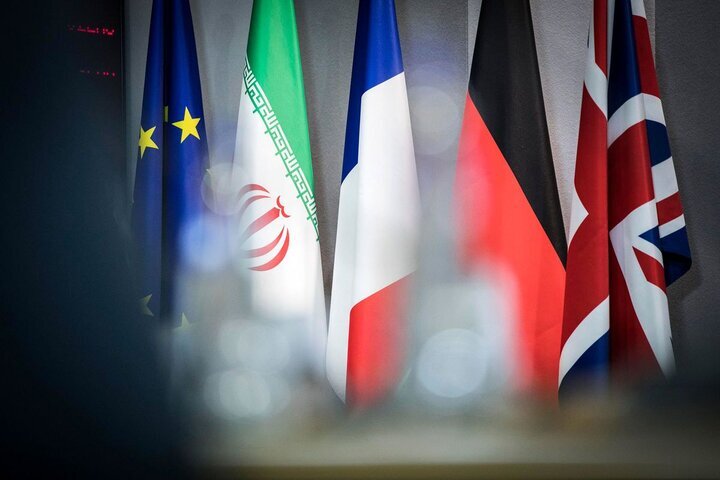European troika says diplomatic talks with Iran will continue

TEHRAN – Following a meeting with the Iranian delegation in Geneva, the political directors of the foreign ministries of the UK, France, and Germany—who led the push for a recent anti-Iran resolution at the International Atomic Energy Agency’s Board of Governors—confirmed that diplomatic discussions with Iran would remain ongoing.
The German Foreign Ministry, along with senior diplomats from France and the UK, issued a coordinated statement on X (formerly known as Twitter). They confirmed that all parties agreed to resume the talks in the near future.
In their statement, the European troika representatives noted:
"The political directors of the UK, France, and Germany met with their Iranian counterpart, Kazem Gharibabadi, in Geneva to discuss Iran’s nuclear program, sanctions, bilateral relations, and the regional situation. We agreed to continue diplomatic discussions in the near future."
Kazem Gharibabadi, Iran’s Deputy Foreign Minister for Legal and International Affairs, also commented on the outcome of the talks on Friday. He described the meeting as another constructive round of dialogue with European officials.
"We engaged in discussions with the political directors of France, Germany, and the UK," Gharibabadi said, adding, "The talks covered the latest bilateral, regional, and international developments, with a particular emphasis on nuclear issues and the potential lifting of sanctions."*
He underscored Iran’s commitment to dialogue and its determination to safeguard its national interests.
"We are firmly dedicated to pursuing the rights and interests of the Iranian people. Dialogue and engagement remain our preferred path, and it was agreed that these diplomatic efforts will continue in the near future," he stated.
Relations between Tehran and Europe faced a significant setback when an anti-Iran resolution, drafted by the E3, was approved by the International Atomic Energy Agency (IAEA) Board of Governors. The resolution criticizes Iran for “insufficient cooperation” with the IAEA under the Joint Comprehensive Plan of Action (JCPOA), while failing to address the West’s full abandonment of the agreement.
Leave a Comment